Highlighted Ideas
When we look at the future of Health Promotion,…We need to step out of our comfort zone…and that requires a transformative role in health promotion.
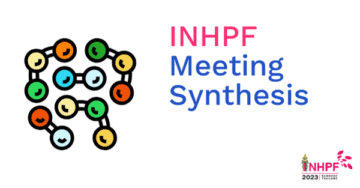
7-10 November 2023 | Bangkok, Thailand
A multidimensional approach to health promotion, emphasising the need for
Adaptable, Effective, and Equitable
to address complex health challenges in the future.
Five key messages were synthesised
from all meeting sessions.
provides a comprehensive overview of the evolving landscape in the field, focusing on innovation, collaboration, sustainability, digital engagement, and inclusivity. The synthesis of these sessions reveals a multidimensional approach to health promotion, emphasising the need for adaptable, effective, and equitable strategies to address complex health challenges in the future. Five key messages were synthesised from all meeting sessions.
Innovative health promotion is crucial for adapting to the dynamic demands and diverse challenges of the 21st century.
In the rapidly evolving landscape of the 21st century, the critical role of innovation in health promotion has never been more pronounced. It involves adapting to changing population needs and technological trends, extending beyond technological advancements to encompass new approaches in policymaking, program development, and community engagement. This innovative approach is centred on understanding and respecting diverse cultural contexts, focusing on delivering precise and timely interventions to the right population.
This innovative approach is centred on understanding and respecting diverse cultural contexts, focusing on delivering precise and timely interventions to the right population.
This underscores the importance of continuous evolution and responsiveness, ensuring that health promotion strategies remain effective, relevant, and adaptable to global challenges, thereby enhancing the overall effectiveness of health promotion.




Synergistic Partnership and Multisectoral Collaboration are vital in addressing complex health challenges in the future.
The emphasis on synergistic partnerships and multi-sectoral collaboration, as exemplified by the role of the Health Promotion Foundation as a state agency, is pivotal in confronting the intricate and multifaceted health challenges of the future.
In an increasingly interconnected world, health issues transcend the traditional boundaries of the medical or healthcare sectors, intersecting with numerous aspects of society such as education, environment, economic policies, and technology. Therefore, addressing these complex health issues necessitates united efforts not only from health sectors but also from non-health sectors.
Addressing these complex health issues necessitates united efforts not only from health sectors but also from non-health sectors.
Effective collaboration in this context involves more than just working alongside one another. It requires a deep alignment of goals across different sectors, fostering an environment where shared objectives are clearly understood and pursued.
Health Promotion Foundation, being responsible for health promotion, underscores the need for such synergistic partnerships and multisectoral collaboration between health and non-health sectors. This involves pooling knowledge, financial resources, or manpower to create more impactful and far-reaching health initiatives. Crucial to this collaborative effort is open and continuous communication among all stakeholders, ensuring that each party is not only aware of the developments but is also actively engaged in the decision-making process.
By doing so, the approach not only addresses immediate health concerns but also builds a more resilient and inclusive framework for tackling future health challenges.

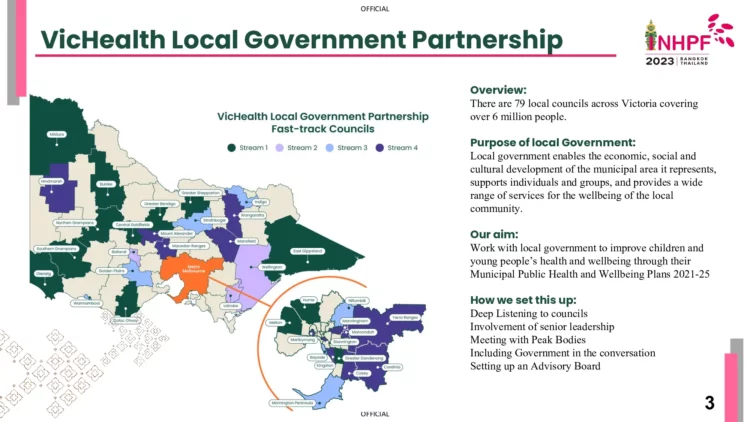
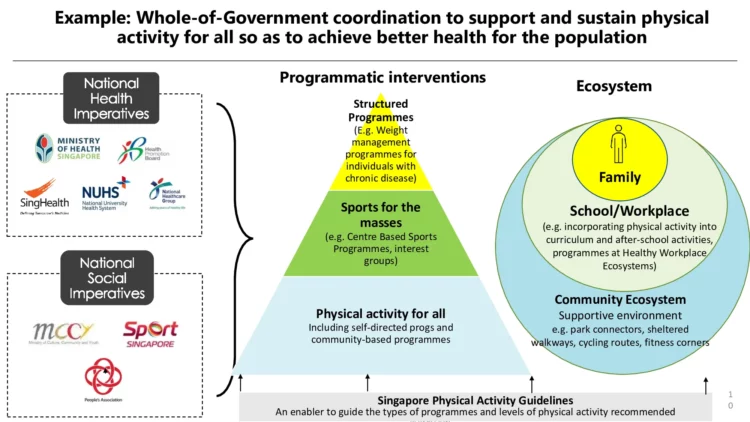
Long-term Sustainability and Effectiveness Evaluation in Health Promotion is required to deliver co-benefits across society
To ensure that health initiatives are resilient, adaptable, and can have lasting impacts.
The meeting underscored the critical need for health policies and programs to be designed with long-term sustainability in mind. This focus on sustainability ensures that health initiatives are resilient, adaptable, and can have lasting impacts. An integral part of this approach is the rigorous evaluation of the effectiveness and cost-savings of health initiatives. Such evaluations are vital for ensuring that these initiatives are not just temporary solutions, but are impactful over the long term.
Effective evaluation involves robust data collection and analysis, allowing for a deeper understanding of how resources are utilised and the extent to which health initiatives meet their goals. This methodical approach to evaluation is crucial for maximising resource efficiency and enhancing the benefits that these health-promotion activities bring to society.
Moreover, the meeting highlighted the importance of delivering co-benefits across the society. This involves understanding, measuring, and articulating the benefits and co-benefits of health promotion, not only in terms of health outcomes but also in its broader impact on society. These co-benefits could include improved social and economic outcomes, enhanced community well-being, and a better overall quality of life.
These co-benefits could include improved social and economic outcomes, enhanced community well-being, and a better overall quality of life.
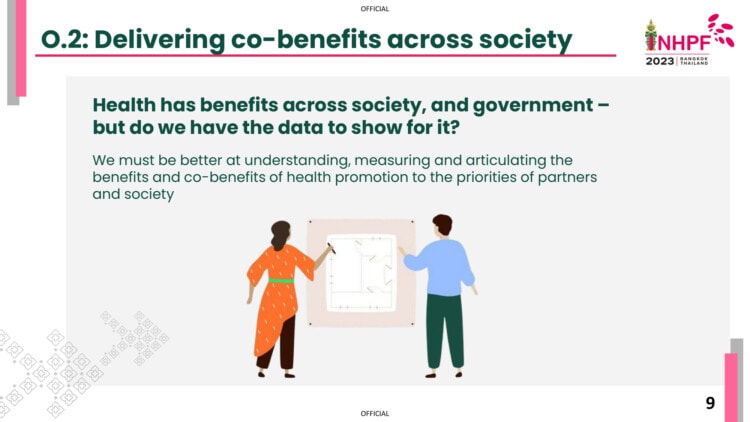
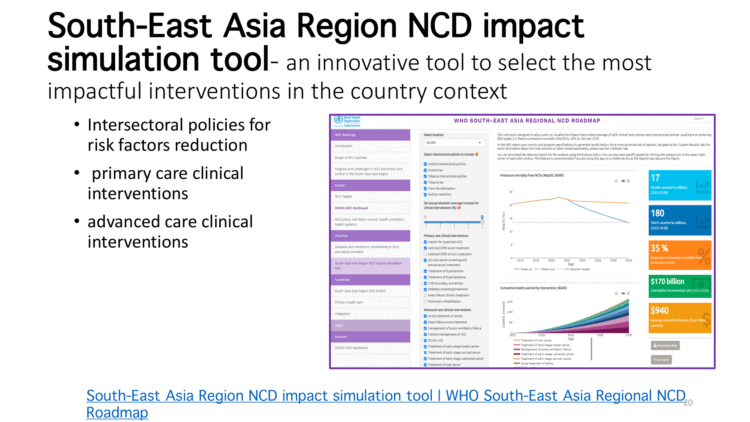

Leveraging digital platforms for health promotion is crucial in effectively reaching diverse audiences, disseminating information, and engaging communities, especially among younger populations.
Increasing reliance on digital technology in everyday life has made leveraging digital platforms for health promotion a pivotal aspect of modern healthcare strategies. During the meeting, the significant role of these platforms in health promotion was emphasised, highlighting their ability to reach diverse audiences across various demographic and geographic spectrums. Digital platforms enable the wide and efficient dissemination of health information, allowing for greater community engagement and participation in health initiatives.
However, the use of digital platforms also brings new challenges such as the rise of misinformation and the increasingly crowded landscape of digital actors. These challenges necessitate a careful approach to ensuring the reliability and credibility of health information shared online.
The digital realm also offers unique opportunities for engaging younger populations who are more technology-savvy and reliant on digital communication. By tapping into these platforms, health promotion efforts can become more accessible, tailored, and interactive, meeting people in the current digital age.
In particular, the use of social media, mobile health apps, and interactive online platforms can significantly enhance the reach and impact of health-promotion activities. These tools not only facilitate information sharing, but also encourage active participation and feedback from the target audience, leading to more dynamic and responsive health campaigns.
These tools not only facilitate information sharing, but also encourage active participation and feedback from the target audience, leading to more dynamic and responsive health campaigns.
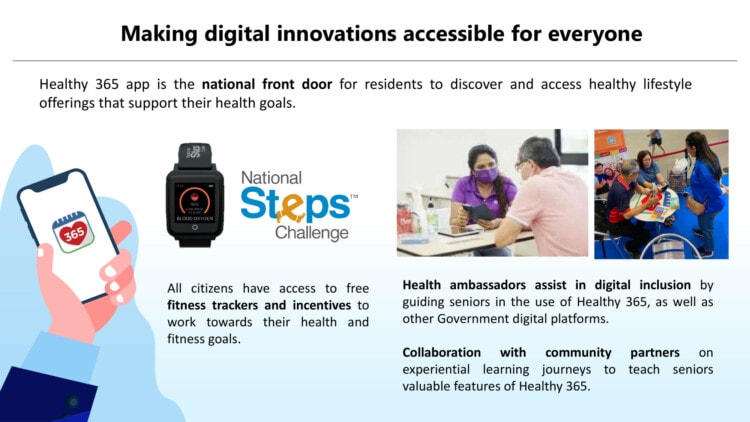
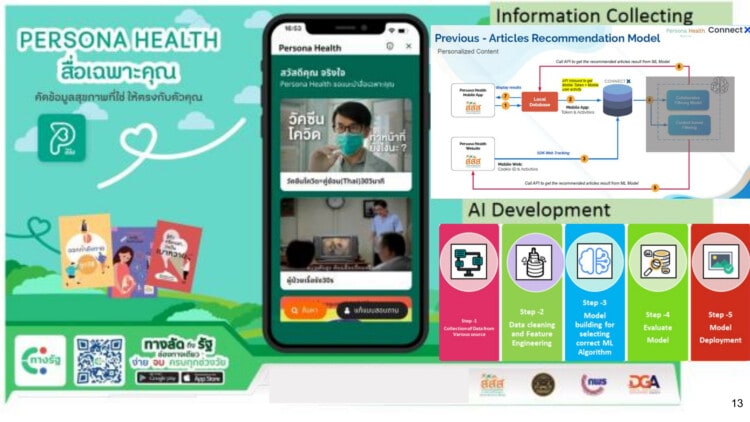
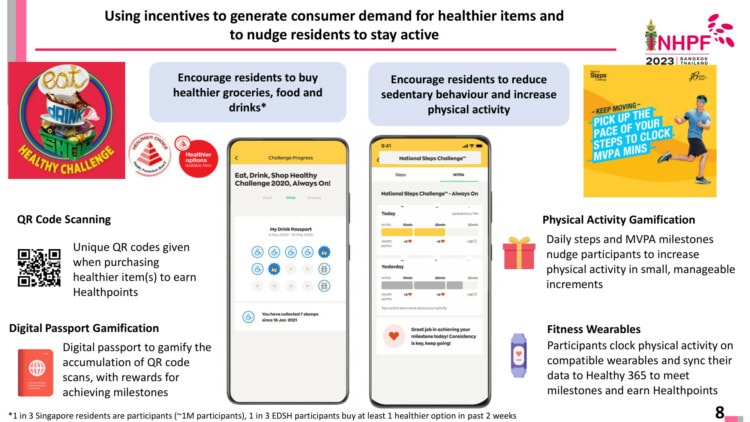
Establishing equity and inclusivity within health systems is vital to ensuring effective health promotion and accessible services for all, particularly the most vulnerable populations.
Building equity and inclusivity within health systems was a significant focus of the meeting.
Building equity and inclusivity within health systems was a significant focus of the meeting, underlining it as an essential component of effective health promotion. This approach is centred on ensuring that health services are accessible to everyone, particularly addressing the needs of the most vulnerable populations.
This involves a comprehensive understanding of the social determinants of health and the implementation of strategies to remove barriers to access, whether financial, geographical, cultural, or linguistic. An equitable and inclusive health system goes beyond the provision of services; it requires tailoring of these services to meet the diverse needs of different communities. This means that health promotion activities and programs must be designed considering the unique challenges and circumstances of various groups, including marginalised and underserved populations.
It requires tailoring of these services to meet the diverse needs of different communities.
Such an approach not only improves the overall effectiveness of health promotion, but also ensures that the benefits of these efforts are distributed more fairly and widely. The goal is to create a health system in which all individuals, regardless of their background or circumstances, can achieve optimal health. This requires a shift from a one-size-fits-all model to a more personalised approach that recognises and respects the diversity of individuals and communities.
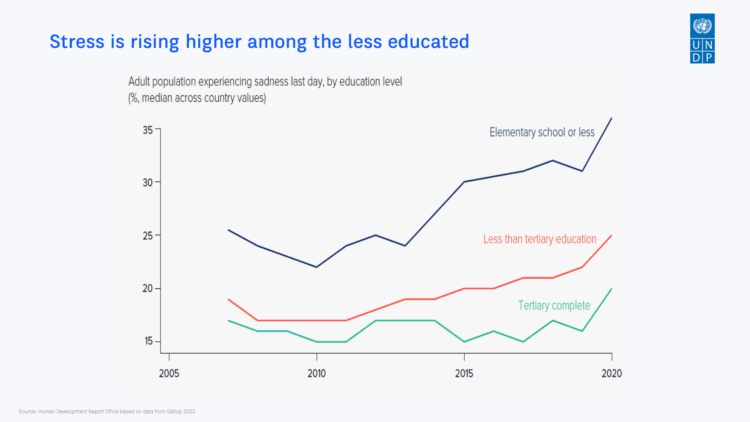
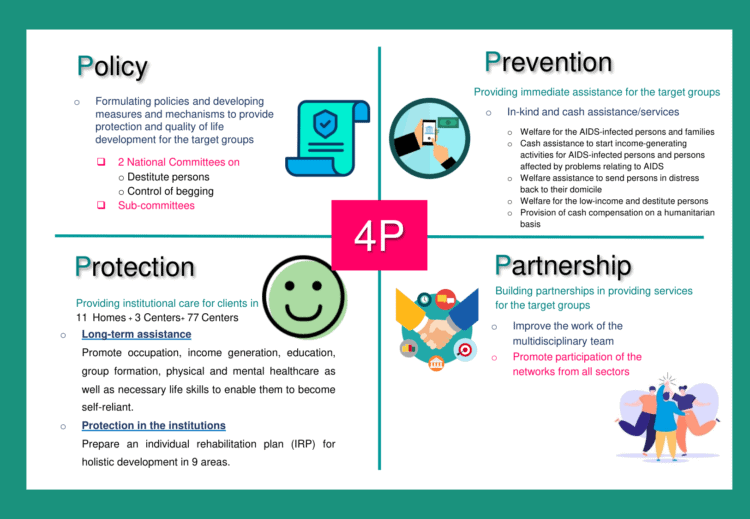
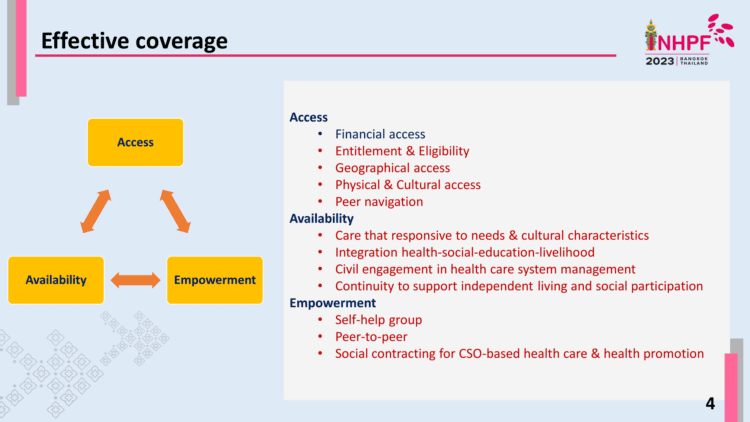
In conclusion, the 20th Annual Meeting of the International Network of Health Promotion Foundation 2023 has set a forward-thinking agenda for global health promotion. By embracing innovation, fostering multisectoral collaboration, prioritizing long-term sustainability, leveraging digital technologies, and ensuring equity and inclusivity, the meeting outlines a comprehensive roadmap for addressing the evolving health challenges of our time.
The INHPF 2023 has set a forward-thinking agenda for global health promotion.
This synthesis not only reflects a consensus on the critical areas of focus but also serves as a call to action for stakeholders at all levels to work together towards a healthier, more equitable future for communities worldwide. Along with the Bangkok Declaration document, the insights and strategies discussed in this meeting will undoubtedly play a pivotal role in shaping the landscape of health promotion for the INHPF and its members in the years to come.
1) The Bangkok Declaration document is here.
2) The Meeting synthesis report is here
where you can find summary of each session.